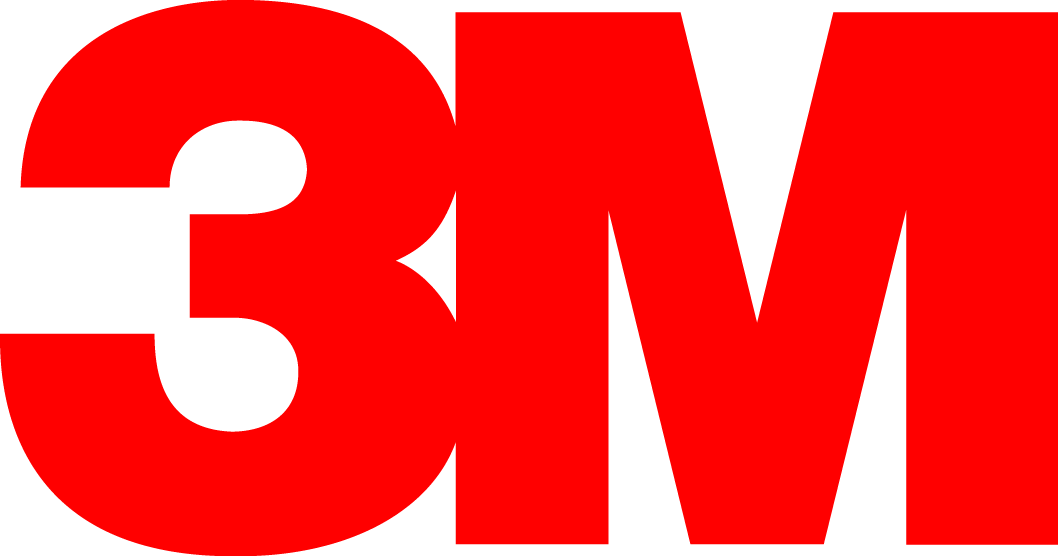3M Glass Bubbles Can Help the World With 5G Connectivity
Originally published on 3M News Center
5G, the fifth-generation cellular network, brings new and exciting possibilities for global business, transportation, health care, entertainment and more. Organizations like 3M’s Advanced Materials Division (AdMD) are hard at work creating and advancing 5G infrastructure to help quick and efficient processing of huge amounts of data to expand access, widen applications and enable our connected society.
The current raw materials used to enable communication networks have reached their limits in terms of signal loss and thermal management, creating an opportunity for 3M to engineer solutions to specifically target these challenges.
“We found an opportunity to use 3M glass bubbles specifically for 5G communications and in the process, we reached a new customer segment,” said Andy D’Souza, AdMD Platform Technical Leader. “3M glass bubbles have excellent dielectric and CTE (coefficient of thermal expansion) properties that enable high speed 5G communication.”
3M glass bubbles take on 5G challenges
The opportunities and applications for 5G technology are endless and constantly evolving – the current buzz is surrounding 5G enabling self-driving vehicles and remote healthcare appointments. The goal is to provide high-speed connectivity without latency from the network.
There are several challenges current communications infrastructure face, including signal transmission loss, thermal management and aesthetics. As base stations and other 5G telecommunications assemblies are increasingly implemented, demand has grown for advanced technologies.
3M offers solutions for enabling the development of low-loss materials. 3M Glass bubbles are designed to tackle the unique challenges brought on by the advancement of 5G. These tiny, hollow microspheres, which have been used in various applications including insulation, paints, cement and drilling, are the basis for a new application to help enable companies provide a faster, more reliable 5G signal.
Every time a 5G signal passes through a material the signal loses momentum and speed. Designs incorporating 3M glass bubbles can improve the data transfer velocity and reduce signal transmission power loss.
A global approach
3M glass bubbles have been used in many industries including construction and automotive, but the jump into the electronics and telecommunications market required collaboration across global 3M teams, including the U.S.A., the Greater China Area, Europe and Asia.
As people began to work, learn and live remotely during the COVID-19 pandemic, there was added urgency for the development of 5G and the need for new solutions to achieve more seamless communication channels. While the timeline was accelerated, the 3M team was able to launch new 3M glass bubbles for 5G to the market quickly.
“We were working on an extremely expedited timeline due to the fast pace of the electronics industry with the added challenge of being unable to travel and collaborate in person,” Andy D’Souza said. “Fortunately, our 3M teams in Asia cultivated great relationships with customers, allowing us to send product samples, get feedback in a timely fashion and move the project forward. These relationships were more important because of the inability to travel.”
From manufacturing to R&D, engineering and more, several teams came together to bring this new application for 3M technology to life. The teams worked collaboratively to combine core 3M technologies to create new capabilities.
The 3M AdMD team is applying science where it matters most and collaborating on the advanced materials needed now and in the future. The team is currently designing material solutions for even higher frequencies and speeds, looking beyond the current limits of 5G.
As 5G continues to evolve, improvements and innovations are well underway. 3M is excited by the vast opportunity across industries to meet today’s challenges of data processing and the implications of creating advanced networks for a more connected world.
Read more about how 3M solutions can help optimize the performance of 5G components.




